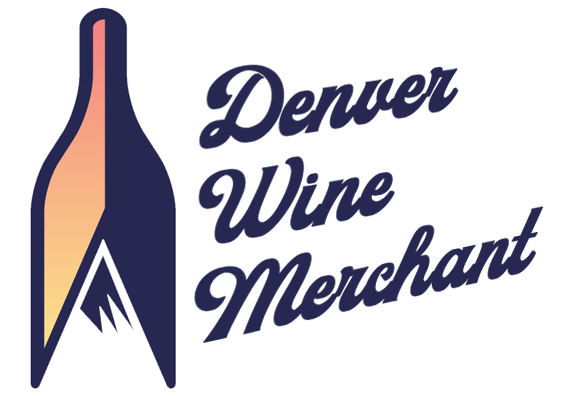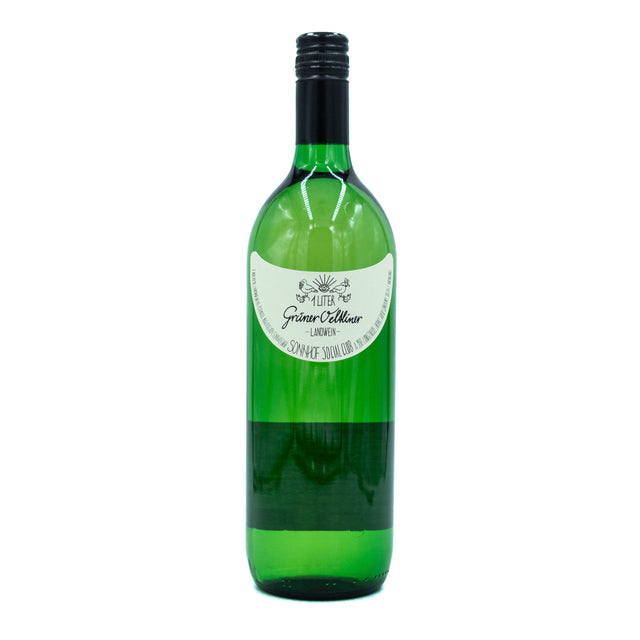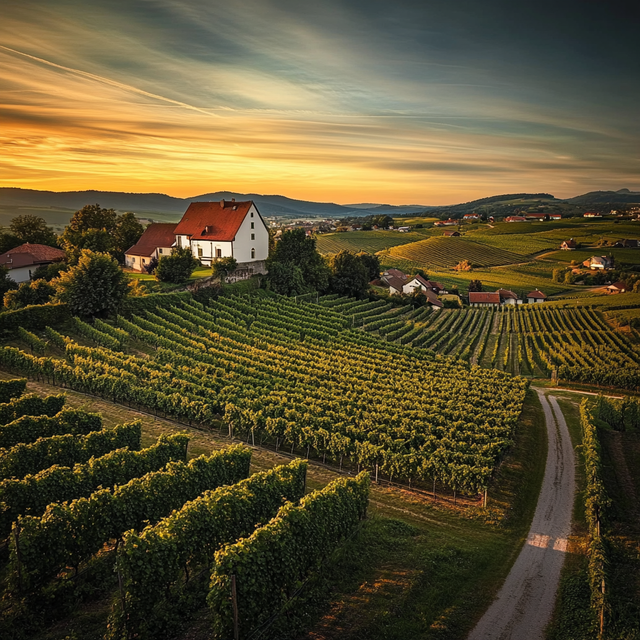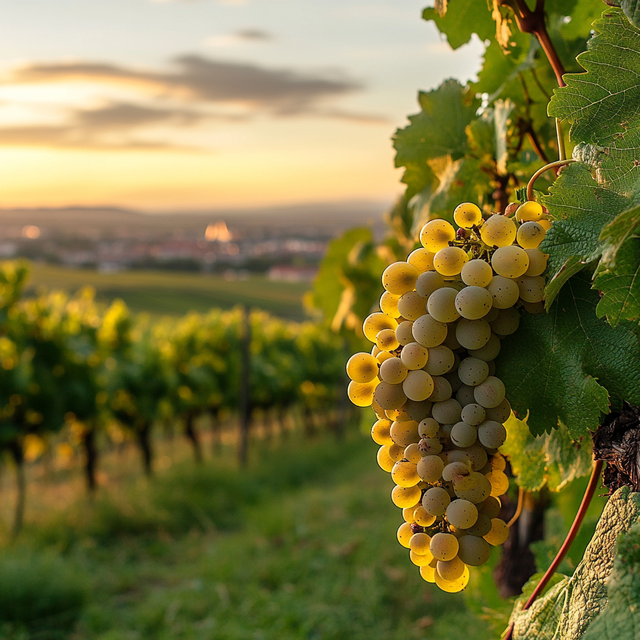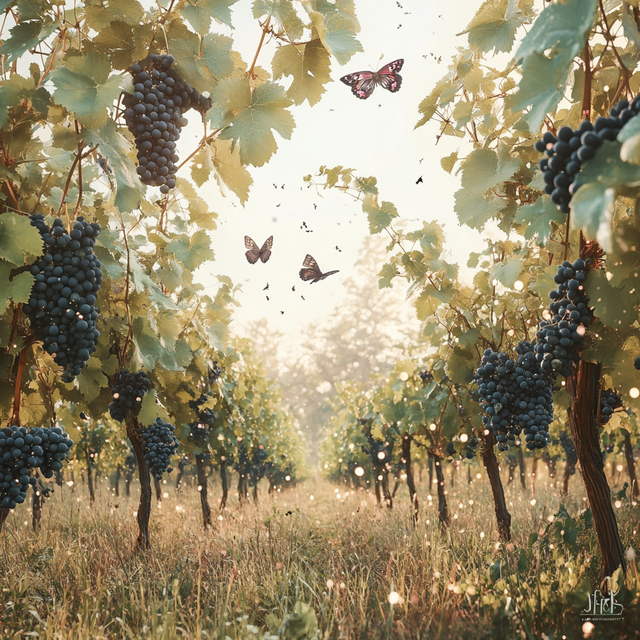Niederösterreich, or Lower Austria, is Austria's largest and most diverse Qualitätswein region. Encompassing eight distinct wine-growing areas from Wachau (a separate region on this website) in the west to Carnuntum in the east, Niederösterreich is best understood through its three main climate zones: the Weinviertel to the north, the Danube region and its valleys west of Vienna, and the Pannonian southeast. The Danube region, while including the separately-presented Wachau, also encompasses the renowned Kremstal, Kamptal, Traisental, and Wagram subregions, each celebrated for their expressions of Grüner Veltliner and Riesling, often grown on loess soils. Weinviertel, the largest subregion, is famed for its peppery Grüner Veltliner, marked by the Weinviertel DAC. In contrast, the Pannonian climate in the southeast yields outstanding red wines, particularly Zweigelt and Blaufränkisch, and regionally typical whites.
Austria - Niederosterreich
Grüner Veltliner is Austria's signature grape, producing distinctive dry white wines celebrated for their vibrant character. Primarily grown in regions like Wachau, Kremstal, and Kamptal, Grüner Veltliner is known for its high acidity and a compelling savory edge, often displaying notes of white pepper and spice alongside green and citrus fruit. The wines are typically medium-bodied and exceptionally food-friendly, offering a unique combination of freshness and complexity. Grüner Veltliner is a grape that is clearly expressive of its origins, and it is a cornerstone of Austrian winemaking excellence.
Gruner Veltliner
Certified Organic farming is an agricultural practice where vineyards adhere to strict regulations prohibiting the use of synthetic pesticides, herbicides, fungicides, and fertilizers. Instead, certified organic growers rely on natural alternatives, including compost, cover crops, and beneficial insects, to nourish the soil and manage pests. Certification requires compliance with established organic standards, typically verified by third-party agencies such as USDA Organic in the United States or EU Organic in Europe. This method emphasizes ecological balance, biodiversity, and sustainability, aiming to produce high-quality grapes and wines while reducing environmental impact and promoting long-term vineyard health. Organic farming is not allowed to use Glyphosate.
